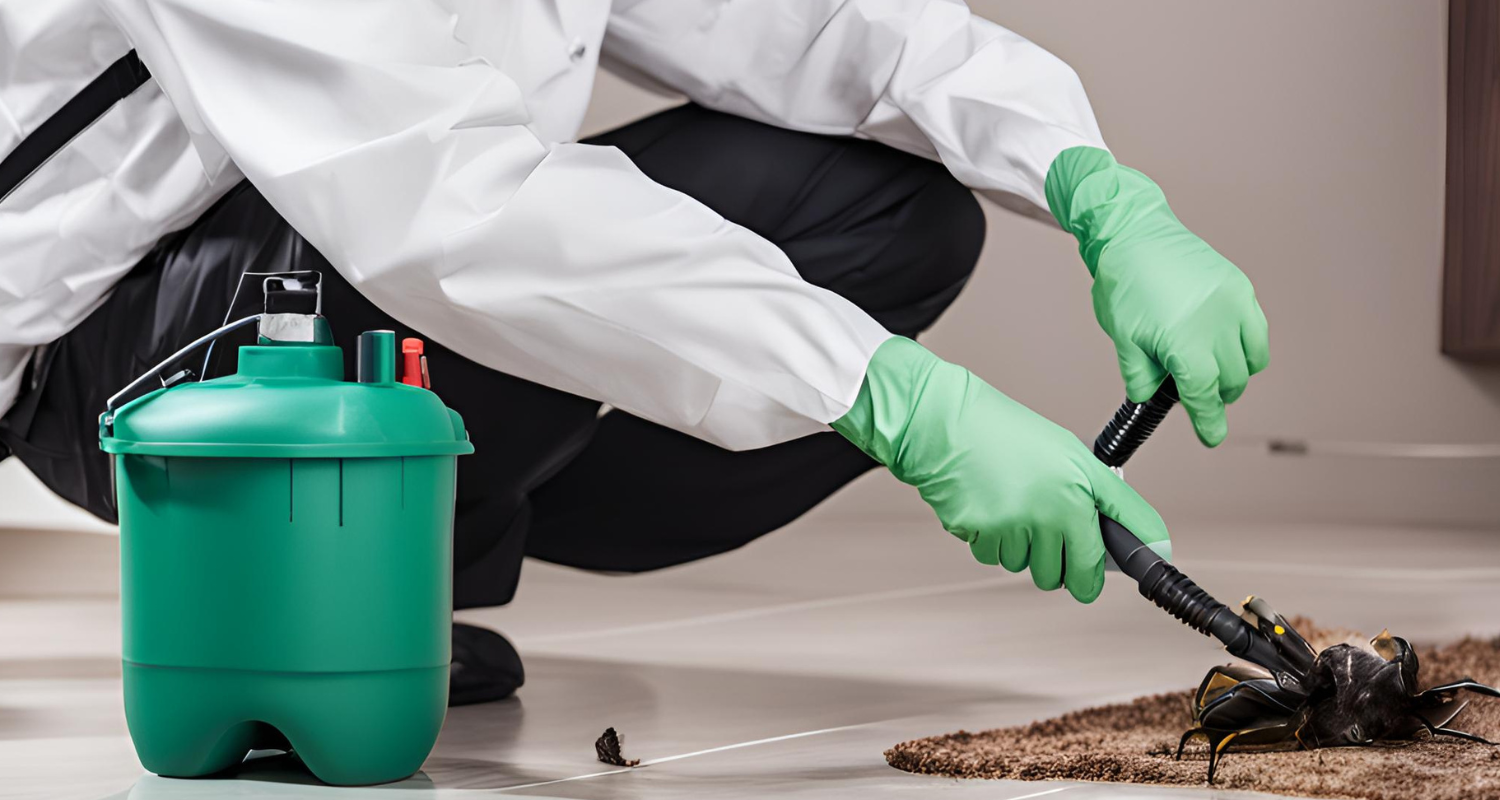In the realm of pest management, the approach to controlling pests has evolved significantly, driven by concerns over environmental impact, human health, and sustainability. Herbal pest control has emerged as a compelling alternative to conventional methods, offering effective solutions while minimizing adverse effects on the ecosystem. This article delves into the reasons why herbal pest control is increasingly seen as essential in modern times.
Environmental Impact
Traditional pesticides often contain chemicals that can persist in the environment, leaching into soil and water sources and adversely affecting non-target organisms. In contrast, herbal pest control utilizes natural substances derived from plants, such as essential oils and botanical extracts. These ingredients break down more rapidly and pose minimal risk to the environment, supporting biodiversity and sustainable agricultural practices.
Health and Safety
The use of chemical pesticides raises concerns about potential health risks to humans and pets. Exposure to these synthetic compounds through inhalation, skin contact, or ingestion can lead to acute or chronic health issues. Herbal pest control offers a safer alternative, as plant-based ingredients are generally non-toxic and pose fewer risks to human health. This makes them suitable for use in homes, schools, and organic farming settings where chemical exposure must be minimized.
Sustainable Agriculture
In agricultural settings, pest control is crucial for maintaining crop yields and food security. However, reliance on chemical pesticides can lead to pesticide resistance in pests, requiring increased pesticide use and posing challenges for long-term sustainability. Herbal pest control methods, on the other hand, can help reduce reliance on synthetic chemicals and contribute to integrated pest management (IPM) strategies that prioritize natural and biological controls.
Effectiveness and Long-Term Solutions
Contrary to common misconceptions, herbal pest control methods can be highly effective when implemented correctly. Many plant-based substances have been scientifically proven to repel pests, disrupt their reproductive cycles, or deter them from infesting crops and homes. By integrating herbal remedies into pest management practices, homeowners and farmers can achieve sustainable, long-term solutions without compromising effectiveness.
Consumer Awareness and Demand
As consumers become more informed about the environmental and health impacts of conventional pest control methods, there is a growing demand for safer and more sustainable alternatives. Herbal pest control aligns with these preferences, offering consumers a choice that supports their values of environmental stewardship and personal well-being.
Conclusion
Exploring the need for herbal pest control reveals its significance in addressing contemporary challenges related to pest management. From safeguarding human health and promoting environmental sustainability to supporting sustainable agriculture and meeting consumer demands, herbal pest control offers a holistic approach to pest management that benefits both people and the planet. By embracing herbal remedies, individuals and communities can contribute to a healthier, safer future while effectively managing pests in a responsible manner.
For more insights into implementing herbal pest control solutions tailored to your specific needs, visit Herbal Pest Control. Join the movement towards sustainable pest management and experience the benefits of herbal solutions firsthand.
